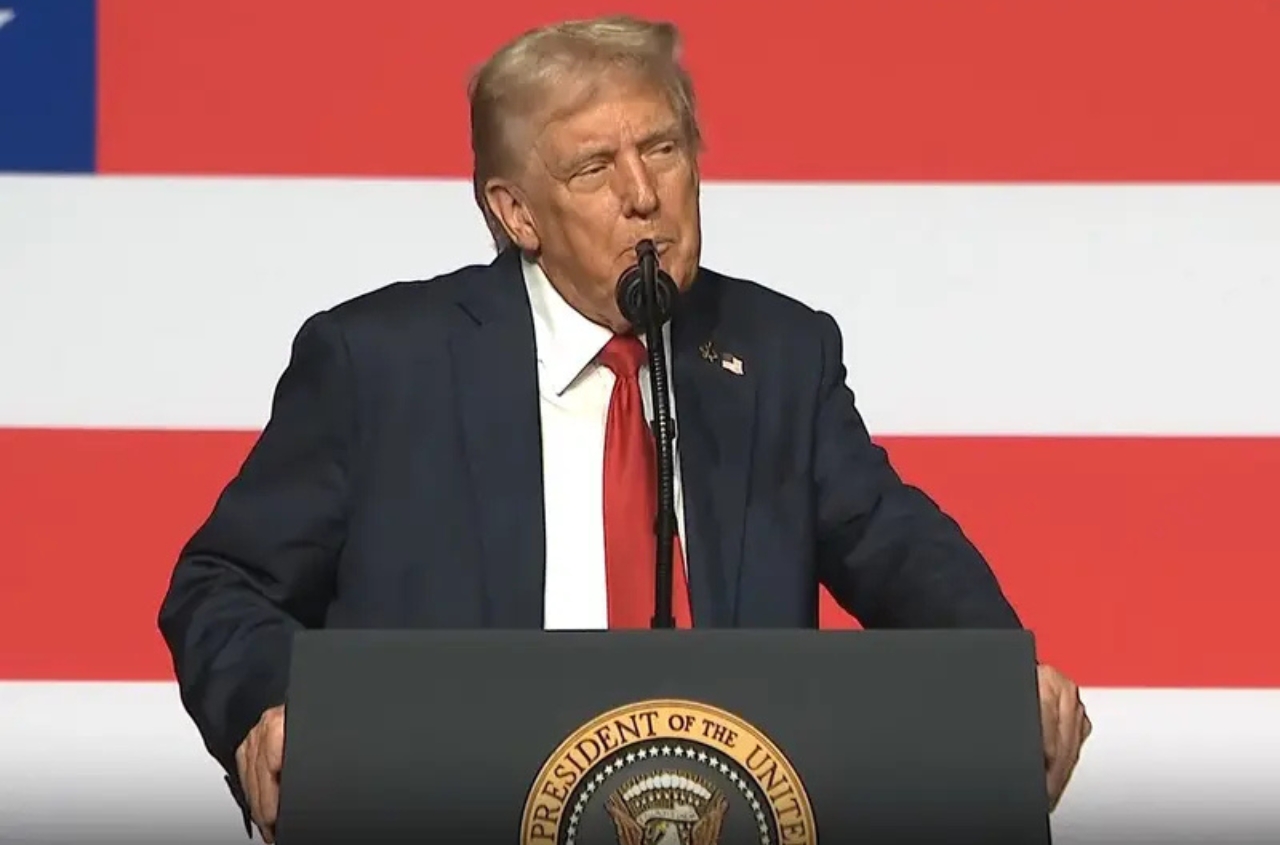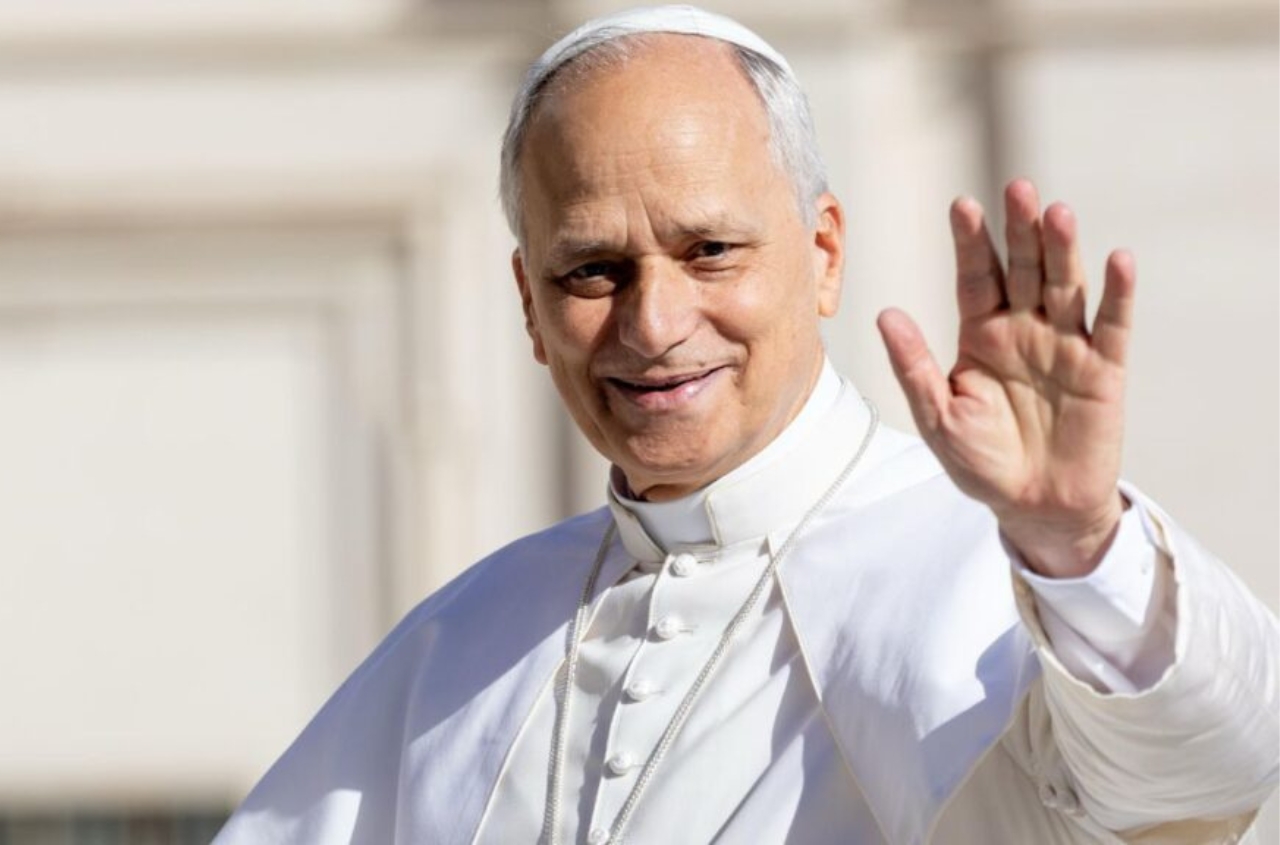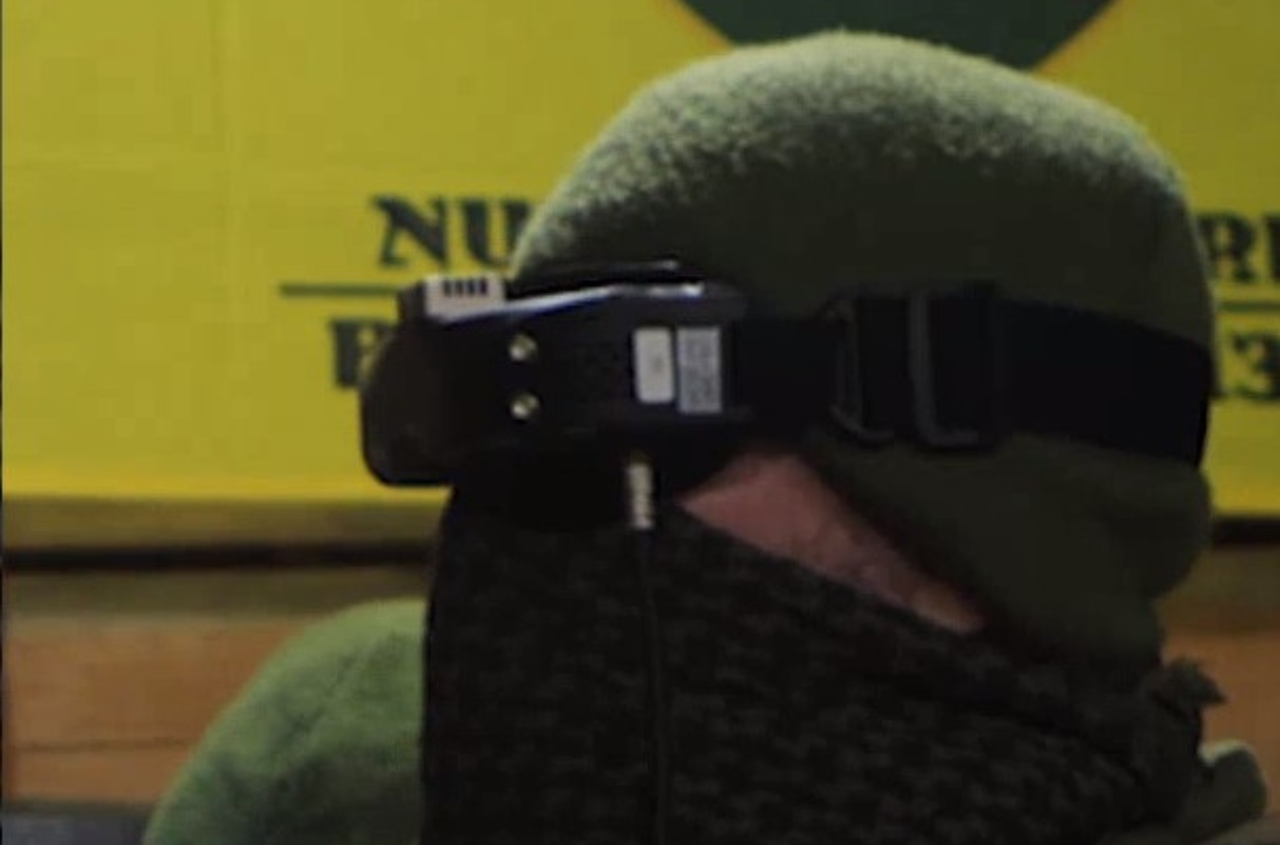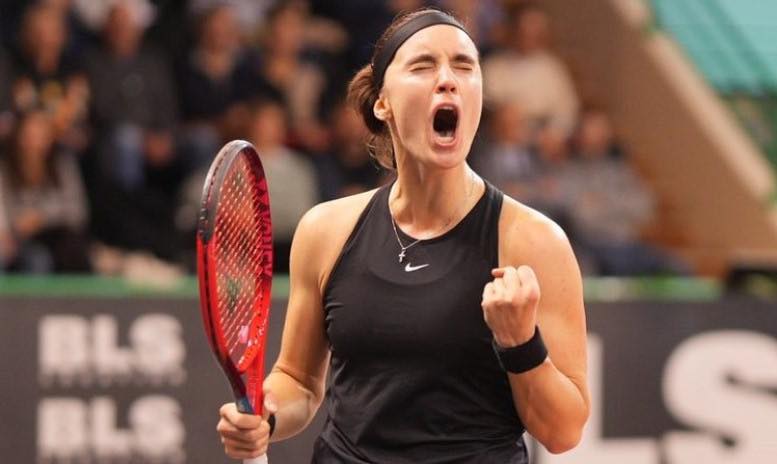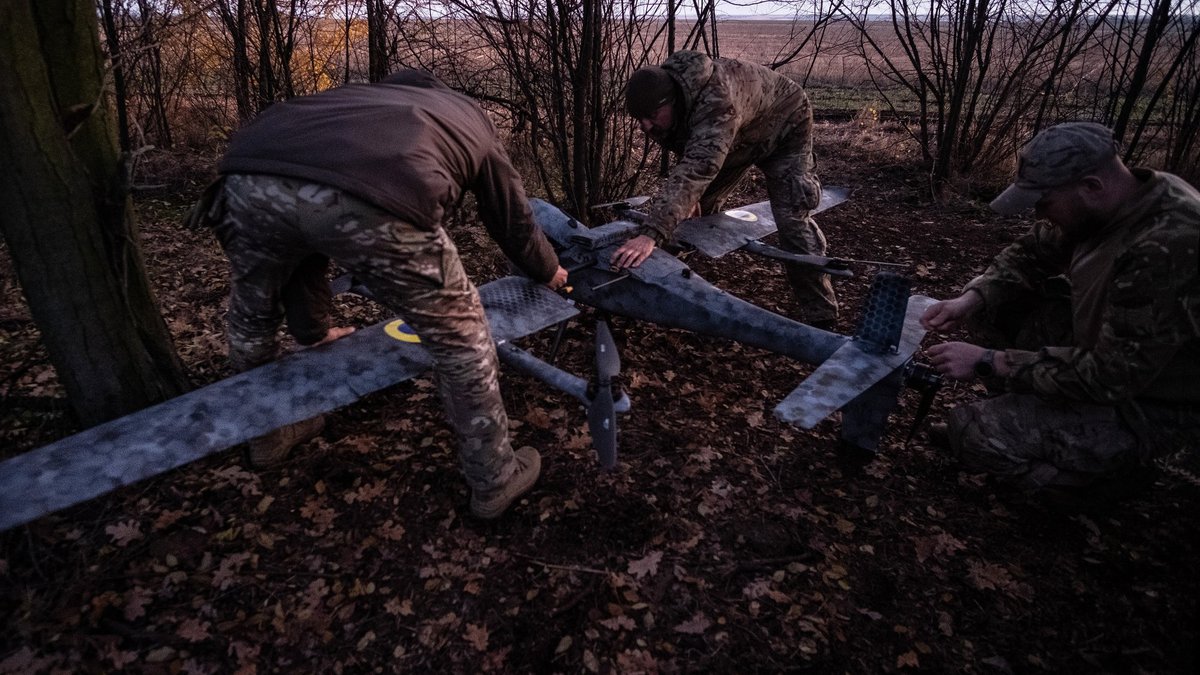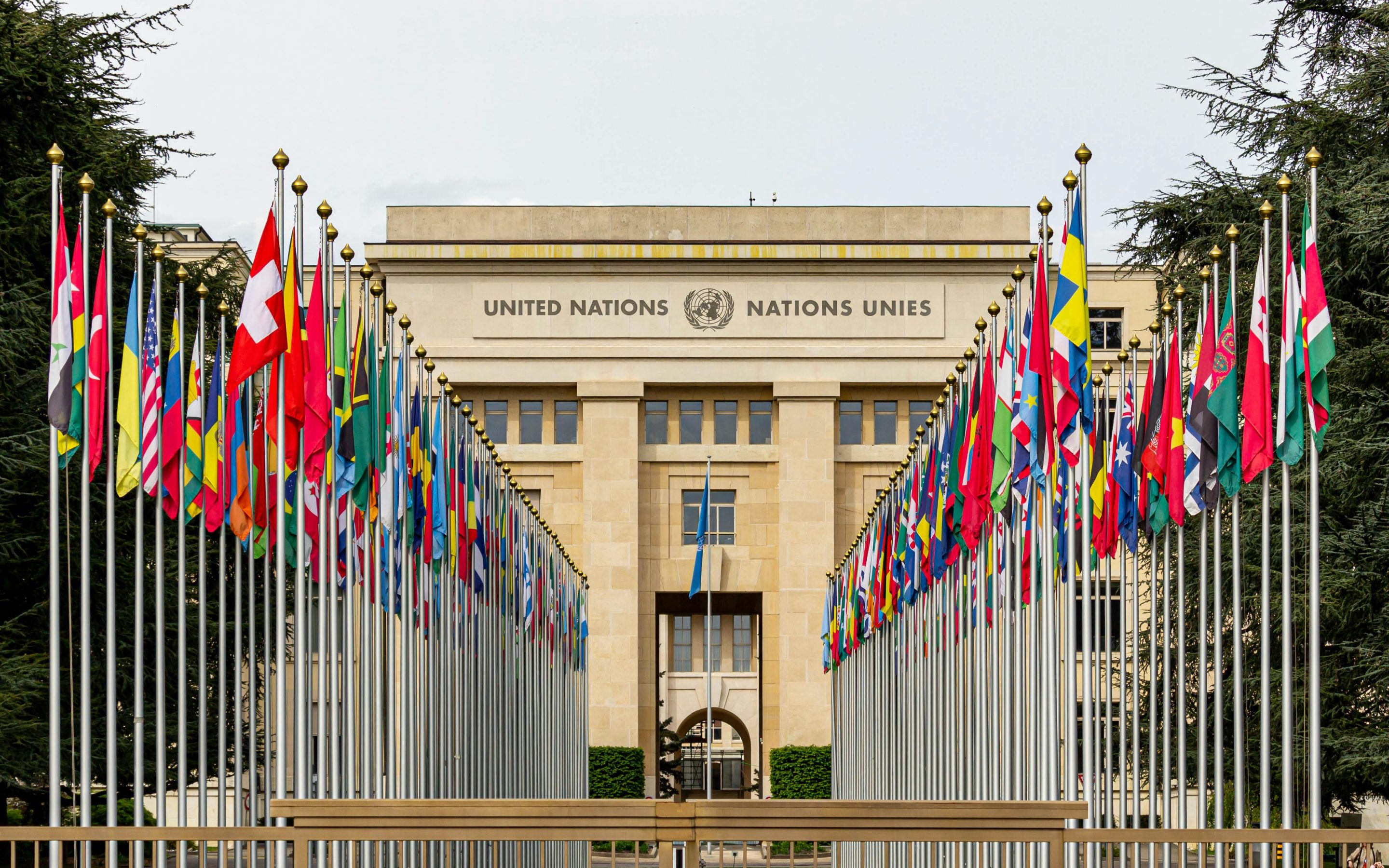The YES Annual Meeting 2025 How to End the War was held on September 12 – 13, 2025 in Kyiv. Over 800 leading politicians, diplomats, businessmen, servicemen of the armed forces of Ukraine, veterans, civil activists, and experts from more than 30 countries took part in the conference organised by YES, in partnership with the Victor Pinchuk Foundation.
During the first day of the YES meeting, speakers and participants discussed topics including: Where Are We With Ending The War, How to Finally Put Maximum Pressure on Russia and When Is Europe Ready for a Russian Attack? Conversations were held with President of Ukraine Volodymyr Zelensky, President of Finland Alexander Stubb, Special Presidential Envoy for Ukraine General Keith Kellogg, Yvette Cooper Secretary of State for Foreign and Commonwealth Affairs of the United Kingdom, and Andrii Sybiha, Minister of Foreign Affairs of Ukraine.
Victor Pinchuk, founder and member of the YES Board, businessman and philanthropist, opened the event by saying: “I believe we are on the way to victory. We will win. But when I say this, I am not naïve. When we speak about victory, very often we speak in a too narrow way. Ukrainians have been fighting to free themselves from an empire for centuries. To move to freedom, independence, and Europe. And in this great way, we are very close to success. Of course, I mean close on a historical scale. And in big part because, for the first time today, the civilised world supports us.”
Introducing President Zelensky, for the keynote session, Victor Pinchuk said, “Mr. President, you are often compared with Churchill or Lincoln, and we are proud that Westerners make such comparisons. But for us Ukrainians, it is fundamentally important to see that you are the successor of the historical mission of Khmelnytsky, Mazepa, and Hrushevsky, who fought for Ukrainian independence and identity. Moreover, Mr. President, you have a unique chance not only to be their successor, but also to fulfil their mission—if our generation and our children's generations will finish our historical mission. If sovereign, independent Ukraine will join the European Union and have real security guarantees.”
Volodymyr Zelensky, in his speech, urged world leaders to put more pressure on Vladimir Putin to make him end the war against Ukraine: “Some may think that territory swaps or attempts to entice Putin with the resumption of trade with the USA or the rest of the world could stop this war. This is not the case. The Russian war machine will only stop when it runs out of fuel.”
Regarding the peace agreement in exchange for Ukrainian lands, the President of Ukraine said: “Giving Putin any piece of Ukrainian land so that he stops the war is out of the question. And this is not a solution, it is a pause instead. Just like it was after 2008 in Georgia, just like it was after 2014 in Crimea and Donetsk. We need to end this war once and for all, we need guaranteed security for ourselves, for Ukraine, for Ukrainian children. We need Russia to be held accountable for what it did to Ukraine, to Ukrainians, to our people.”
Fareed Zakaria, CNN Host & Bestselling Author introduced Alexander Stubb, President of Finland to the next session. Zakaria asked Stubb about Finland’s close relationship with President Trump. “In peace mediation it takes patience. I don’t think direct military pressure is on the cards, but I do think that the US is getting increasingly frustrated with Putin. You can see that President Trump wants to put more economic pressure if not military pressure. Russia can tolerate pain in a way that is difficult for us in the West to understand. The only thing that Russia understands is power and that is what we have to show.”
General Keith Kellogg, assistant to the U.S. President and Special Presidential Envoy for Ukraine, told the audience, “We are exceptionally close to the end. The last ten yards are the hardest part of the fight. We’re in the last ten yards and close to the end as long as the partners stay strong.”
Jonathan Powell, National Security Advisor to the Prime Minister of the United Kingdom, said, “Putin’s sport is Judo. He likes to counterbalance action with reaction. He likes having options. If we can close his options off and leave him with only one, he will take it. The main message we should be sending, is real pressure to convince him the war will go on for a long time if he doesn’t make peace. His summer campaign has failed, the Russian economic position is not good, the whole economy is a war economy. If we can apply the pressure POTUS is talking about through targeted sanctions, we might bring him to the table.”
Günter Sautter, Foreign Policy and Security Advisor to the German Chancellor, during a panel discussion titled, “Where are we with ending the War? told the audience, “We want to be clear in words and deeds. We’ve made budgetary provisions in Germany that make us the biggest donor for Ukraine, now and in the years to come. We’re making swift and tangible progress and are able to do things together that a short time ago we did not dream of. The (NATO) Hague summit was a historic sign of resolve, a clear and direct message to Russia. We are preparing, we are putting our money where our mouth is, and we are determined.”
Xavier Chatel, Diplomatic Advisor for Strategic Affairs and Disarmament to the President of the French Republic, said, “Much of what we have been trying to achieve in the last months has been about changing the conversation. Russia has been trying to preface any ceasefire or settlement by demanding ludicrous concessions from Ukraine, which are not only illegal and immoral, but we also know that Russia has a huge track record of not sticking to its word. The issue is to give Ukraine the space to enter into any kind of negotiation. The basis of this is by doing robust security guarantees, which means a steady flow of arms to Ukraine, a robust future force model, equipped, funded and supported by all of us, which means we need to have reassurance forces we can deploy into Ukraine to ensure there is no resumption of the conflict, and to enshrine all this in some kind of legal framework.”
Andriy Yermak, Head of the Office of the President of Ukraine, during the panel ‘Where are we with ending the War?’, said emphatically, “We have to have a solution to the question, ‘How will Russia pay for this war?’. If there are no consequences for Russia, we risk them doing it again. There are proposals to give Russia back the frozen assets if there is a ceasefire. Our answer is, NO, this is not the price of a ceasefire.”
Fabrizio Saggio, National Security Adviser and Diplomatic Counselor of the Italian Prime Minister, discussing the issue of how to utilise the frozen Russian assets, said: “We need to coordinate the EU approach with the G7 approach. This is not only a European issue, there are many billions of these assets in G7 countries.”
In a conversation with Niall Ferguson, Milbank Family Senior Fellow at the Hoover Institution, Stanford University, General Keith Kellogg spoke about the Alaska Summit. “President Trump is a big believer in diplomacy – at least he got him [Vladimir Putin] on the ground and talked about it. He opened the door and at least established a level of discourse.”
Niall Ferguson pointed out: “This is not the first Russian war that is wasteful in terms of Russian lives. Putin will only listen to strength, and President Trump has that strength.”
General Kellogg said: “There are three different approaches to holding Putin to account; diplomatic, military and the rest is economic. If you look at the strength of sanctions from a scale of 1-10, we’re at a 6. But we are at an enforcement level of 3.”
Carl Bildt, Minister of Foreign Affairs for Sweden (2006-2024) and Prime Minister for Sweden (1991-1994) moderated the next conversation, between Yvette Cooper, Secretary of State for Foreign and Commonwealth Affairs of the United Kingdom, and Andrii Sybiha, Minister of Foreign Affairs of Ukraine.
“We need to take the incursions into the Polish airspace seriously. We support the Polish and NATO forces in shooting down [Russian hostile targets]. We need a strong response, or Putin will continue to reach into other countries’ stability and safety. That is why we support the Article 4 process, we support Ukraine, and drone development. Ukraine has huge technology expertise. The work we have done with France and other members of The Coalition of the Willing is critical”, said Yvette Cooper.
Andrii Sybiha, Minister of Foreign Affairs of Ukraine: “We have all the chances to win this war this year. But Russia wants to evade sanctions. Putin wants to gain time and make leeway with more Ukraine territories. He wants to push the US out of peace talks. We have to counteract Putin and his objectives. We must arrange a meeting with Zelenskyy and Putin and/or a trilateral meeting with Trump and other European leaders.”
During a conversation with Ukrainians who returned from Russian captivity, Yulian Pylypei, Marine, Armed Forces of Ukraine, PoW, told the audience, “The most difficult period in 2.5 years’ captivity was when they were processing the ‘judgement’ against me. They forced me to sign papers saying that I gave orders to kill civilians in Mariupol. I said I would not sign it, then the officer said, did you assume that somewhere in Mariupol there would be civilians. I responded, “That’s why we were there, to protect the civilians. Did you assume when you hit the drama theatre or the maternity ward that there would be hundreds of civilians?” After I said this I woke up in my cell, I had lost consciousness after a beating.”
Valerii Horishnii, Chief Sergeant of the Azov Corps, National Guard of Ukraine, said, “The captivity made me better and stronger. A dragon has never died of a snake bite. I need to use the fact I am better and stronger to help our army keep going. I instruct people how to protect or return our land. I also want to emphasise the intention of our partners to do something to get our PoWs back from captivity.”
Tetyana Teplyuk, Combat medic of the Azov Corps, said, “I had faith in my country and I believed my country would get us out. I told my colleagues when they got down. “You joined the Azov battalion, you knew you might go to the frontline, that this might happen, so let’s stay strong.”
Volodomyr Mykolaienko, former mayor of Kherson and political prisoner, said, “Russia is fighting against the truth and trying to destroy everything, people’s lives, families, entire cities, infrastructure like the dam. But the truth will always prevail. Russians are very skillful at using pain against you. They can turn everything into pain but there is no pain that will turn a lie into a truth.
They can beat you with rubber batons every day, they can electrocute you every day for years, but they cannot beat these men and women, they have chosen their path of evil, and it is difficult to turn back. They cannot turn their monster country into a civilised country. Ukrainians may be beaten and broken, but you never turn a Ukrainian into a Russian – that’s certain.”
Speaking on the panel ‘How to Finally Put Maximum Pressure on Russia’, Gabriel Attal, Prime Minister of the French Republic (2024), said: “We can do better. We need to be more methodical and more precise. We have to do more, where it hurts the most. We have to be more efficient on the shadow fleet. We also need to help more Ukrainians take down the oil refining system. We need to hurt them most – with intelligence, missiles and oil.”
Gabrielius Landsbergis, Minister of Foreign Affairs of the Republic of Lithuania (2020-2024), added: “We have to admit the fact that this war won’t be finished in a diplomatic way – it will be solved on the battlefield. Ukraine is showing us how to do it.”
Boris Johnson, UK Prime Minister (2019-2022): “We had the meeting in Alaska. The contact has been made. We have to change Putin’s strategic goals. We need more economic sanctions – we need to free up frozen assets for Ukraine to buy weapons. I cannot stress enough – we need Putin to realise he has lost. If he thinks there is a chance that Ukraine can come under the umbrella, he will persist. The problem is we are vague. We need to be clear that there is no other way.”
Trey Yingst, Chief Foreign Affairs Correspondent, Fox News: “As journalists we need to make people care and make them understand the issues. Our citizens won’t demand solutions for Ukraine if they are not aware of them. We need to capture the stories of the faces above me – we can keep the people of Ukraine at the top of headlines and at the top of people’s minds.”
Asked to comment on the incursion of 20 drones into Polish airspace, during the final panel of the first day of the YES Annual Meeting 2025, ‘How to End the War’, Radoslaw Sikorski, Deputy Prime Minister and Minister of Foreign Affairs of the Republic of Poland, said, “We don’t believe in twenty mistakes at the same time. The incursion was accompanied by a tsunami of Russian disinformation. We have been surprised by some of the narratives. This was not an attack by Ukraine, it was unequivocally an attack carried out by Russia via Belarus and Ukraine. The intercept was flown by allied pilots, and none of the drones reached their targets.”
Kaupo Rosin, Director General, Estonian Foreign Intelligence Service, speaking on the panel ‘When is Europe Ready for a Russian Attack’ at the YES 2025, explained, “When Russians prepare for conflict they make two calculations – one is about escalation control, and the other is a comparison of the resources of their side and the opposite side. It is very important that these calculations come out in our favour in future. We need to make sure our plans are backed up by resources.”
Pavlo Palisa, Deputy Head, Office of the President of Ukraine, said, “Ukraine can help its allies prepare for Russian attack. We have something which cannot be bought, experience fighting against Russia. Russia is 28 x bigger than Ukraine in territory and 3 x bigger in population. Before full-scale escalation people thought it was the 2nd military superpower in the world. But we have withstood more than three and half years of full-scale invasion. We are ready to share our experience in air defence, how to manage it, how to fight against ballistic missiles, against Shaheeds, and other threats, to help our partners prepare.”
Moritz Schularick, President, Kiel Institute for the World Economy, said, “If you look at the numbers of support for Ukraine, for example from Germany. Only 0.15% of German GDP is being used to support Ukraine militarily. The best way to increase security in Europe is to increase these numbers significantly while we ramp up production. We must get the economics into defence, move on from entrenched national procurement systems. If we translate from talking about inputs into precise quantitative goals for what we want to produce, we can go very fast. This was the key insight from the pandemic.”
The partners of the event were: Google, Kyivstar and The International Renaissance Foundation.
More news about the YES 2025 may be found on our website at: yes-ukraine.org















